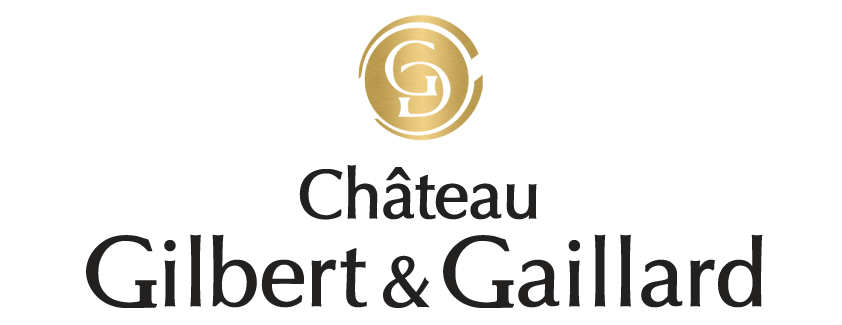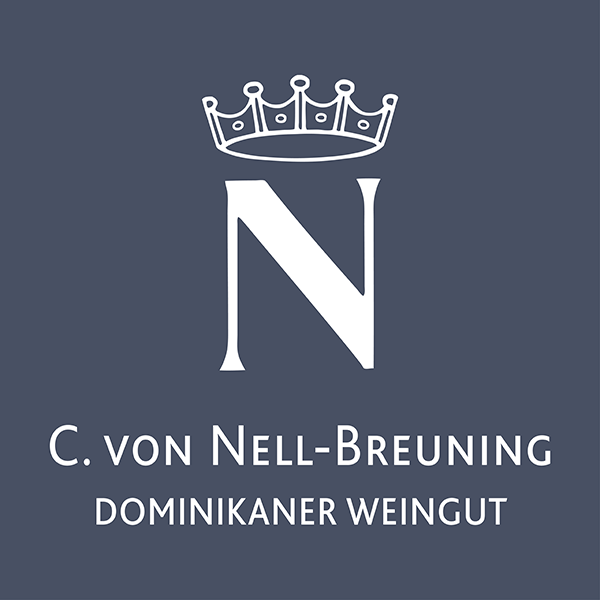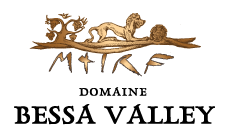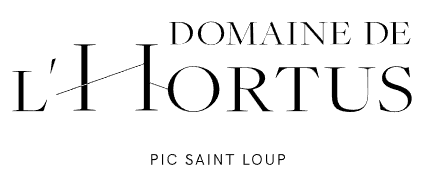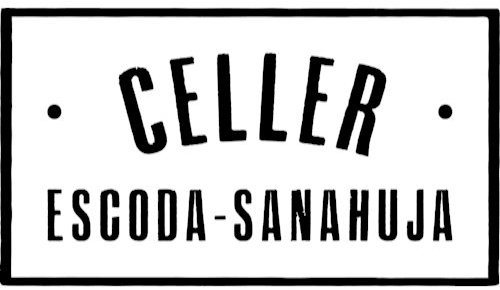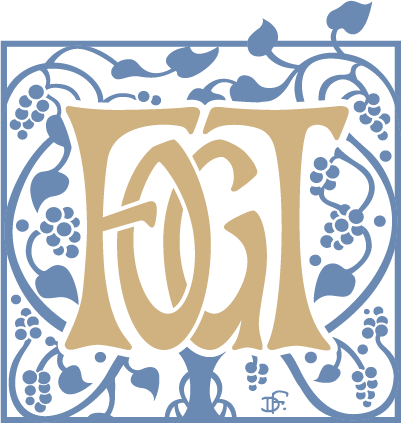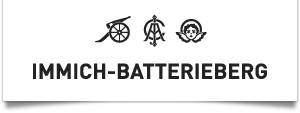
Weingut Immich-Batterieberg
(note: Batterieberg translates to Battered Mountain)

Immich-Batterieberg是Mosel地區最古老的釀酒廠之一。最初由Carolingian修道院建立,自911年開始有其紀錄,酒窖的基地更可追溯到9世紀末(約870年)。其家族於1495年接管、擁有並命名酒莊直至1989年,生產傳統的dry和off-dry葡萄酒近500年。於1989年轉手,再在2009年由Gernot Kollmann(下圖左)和兩名漢堡投資者重新獲得。
Immich-Batterieberg is one of the oldest wineries in the Mosel. Originally founded by a Carolingian monastery, it can be traced back to the year 911, and the base of the cellar is from the end of the 9th century (around 870). The family that gave its name to the winery took over in 1495 and owned it up until 1989, producing traditional dry and off-dry wines under their name for almost 500 years. In 1989, the estate was sold to a new owner, and was reacquired in 2009 by Gernot Kollmann (Left picture below) and two Hamburg based investors.


(Left: Gernot Kollmann; Right: Karl Höhlein)
Gernot是德國精英之一,對Mosel地區相當熟悉。自從接管開始,重新生產dry或off-dry的葡萄酒,每年的葡萄酒含糖量取決於每個地點。所有的Cru葡萄酒均在舊橡木桶中分別釀造、自然發酵,在釀酒過程中禁止進行前期加糖、再酸化或去酸化、或任何其他干預。僅在裝瓶前添加少量硫。
Gernot is one of Germany's finest up and comers, and no stranger to the Mosel. Since taking over, the wines are once again produced in a dry or off-dry style, with sugar levels depending on each site, each vintage. All of the Cru wines are once again being vinified separately in old oak barrels; spontaneous fermentations are the norm and chaptalization, re/de-acidification or any other intervention during vinification is forbidden. Sulfur is added in low doses and only before bottling.

Immich-Batterieberg在非常陡峭的山坡上開闢了四個葡萄園,所有這些葡萄園都被列入1868年普魯士葡萄園分級中的最高級別(基於1804年Napoleon’s Classification des Vines)。Ellergrub,Zweppwigert和Batterieberg位於Trarbach和Enkirch之間,是一個特別富含石英岩的板岩地層,即所謂的“Starkenburg Slope”。Steffensberg擁有更多的鐵礦,擁有最古老的葡萄園分界之一 - 在Enkirch村後面的純淨的朝南斜坡。
Immich-Batterieberg works four vineyards on extremely steep slopes, all of which were included in the highest class in the Prussian Vineyard Classification of 1868 (based on Napoleon’s Classification des Vines from 1804). Ellergrub, Zweppwigert, and Batterieberg are to be found in a particularly quartzite-rich slate formation, the so-called “Starkenburg Slope”, located between Trarbach and Enkirch. More iron-rich is Steffensberg, which possesses one of the oldest kinds of vineyard demarcation – a pure south-facing slope behind the village of Enkirch itself.


與葡萄園的歷史同樣重要的是其可用的葡萄原料。由於其基因多樣性和天然的低產量,園內有很大部分是古老而未經接種的葡萄藤,由此產生的極高辨色度、深度和當地風土特徵的Riesling。
Just as important as the inherent quality of the vineyards is the available grape material. There is a very large portion of old, ungrafted vines, from which, because of their genetic diversity and their naturally low yields, the highly differentiated, deep, and site-typical Rieslings that come into being.
就地點和風土而言,是Mosel中部最好的地方之一。 80%的葡萄藤是未經接枝的,並最少有60多年的樹齡。儘管沒有經過認證,一切都是天然有機的。
As far as the sites and terroirs, they are amongst some of the best in the middle Mosel. 80% of the vines are un-grafted and over 60 years old, and everything is worked organically (though not certified).
葡萄沒有經過大力重壓,主要是在木桶中釀製(部份在不銹鋼桶),並長時間靜置在酒糟上。不使用培養的酵母、不使用酶、不使用蛋白質穩定劑、也不使用淨化劑。跟隨傳統天然釀酒法,不經加糖、濃縮或去酸。
The wines are raised without a heavy hand, primarily in barrels (but also in stainless steel), and are left for a long time on their lees. No cultured yeast, no enzymes, no protein stabilizers, and no clarifying agents are used. Do not chaptalize, concentrate, or de-acidify and in the tradition of natural wines.


